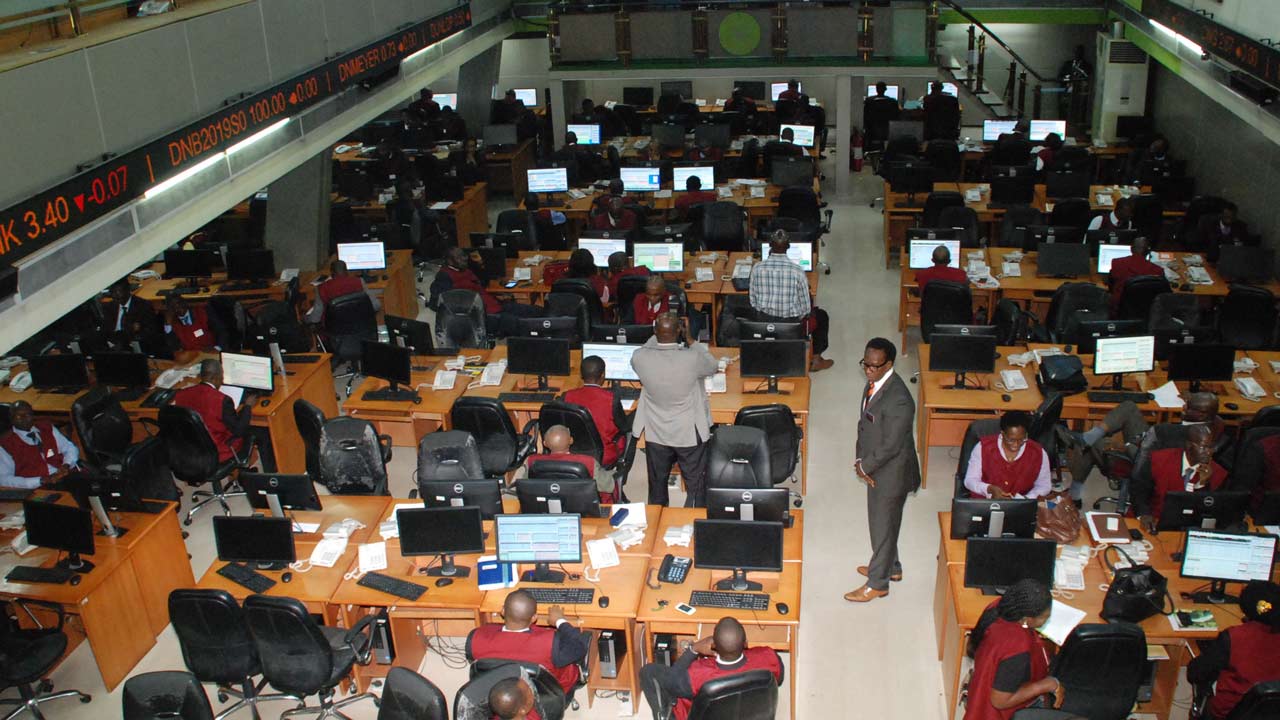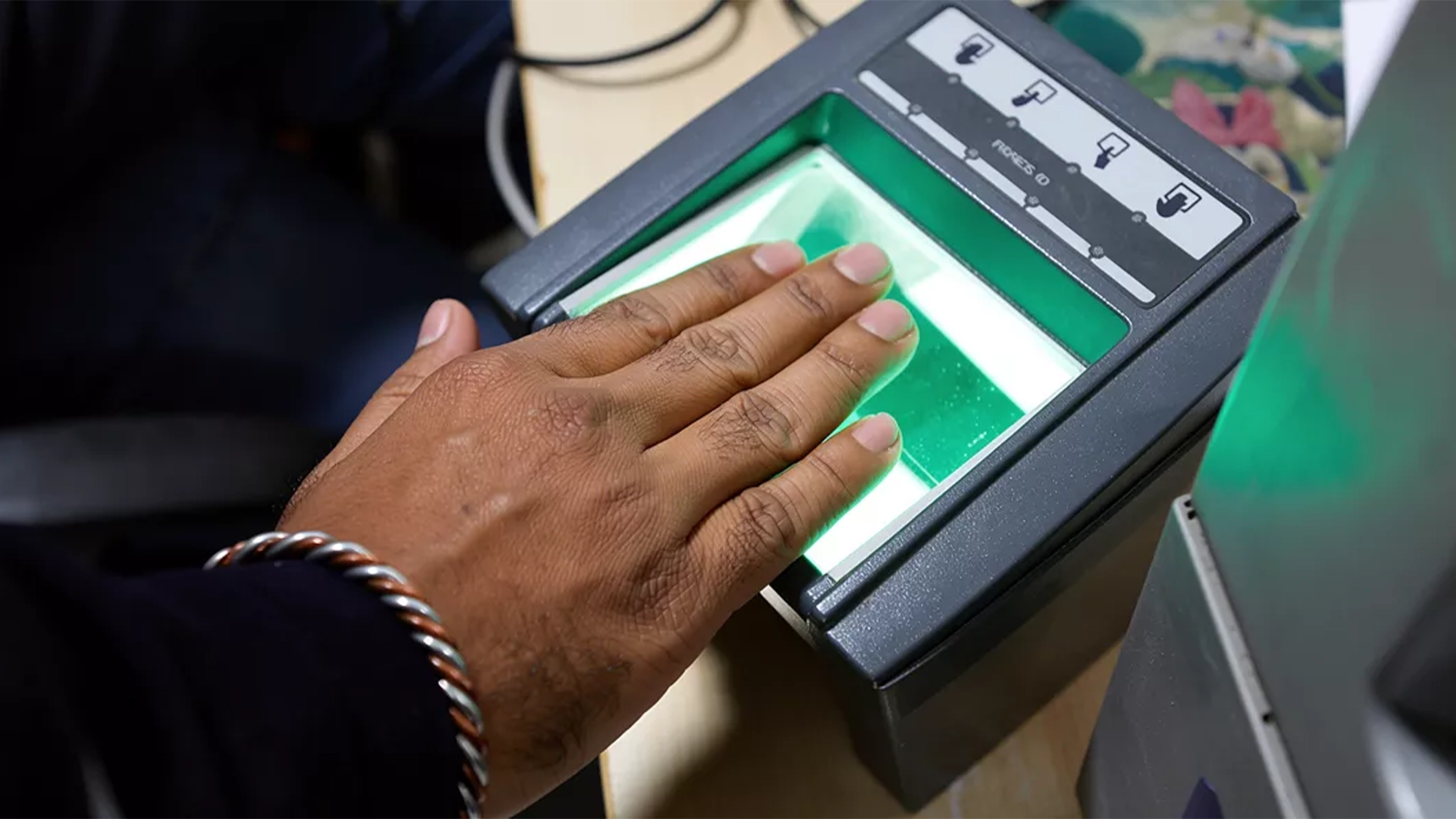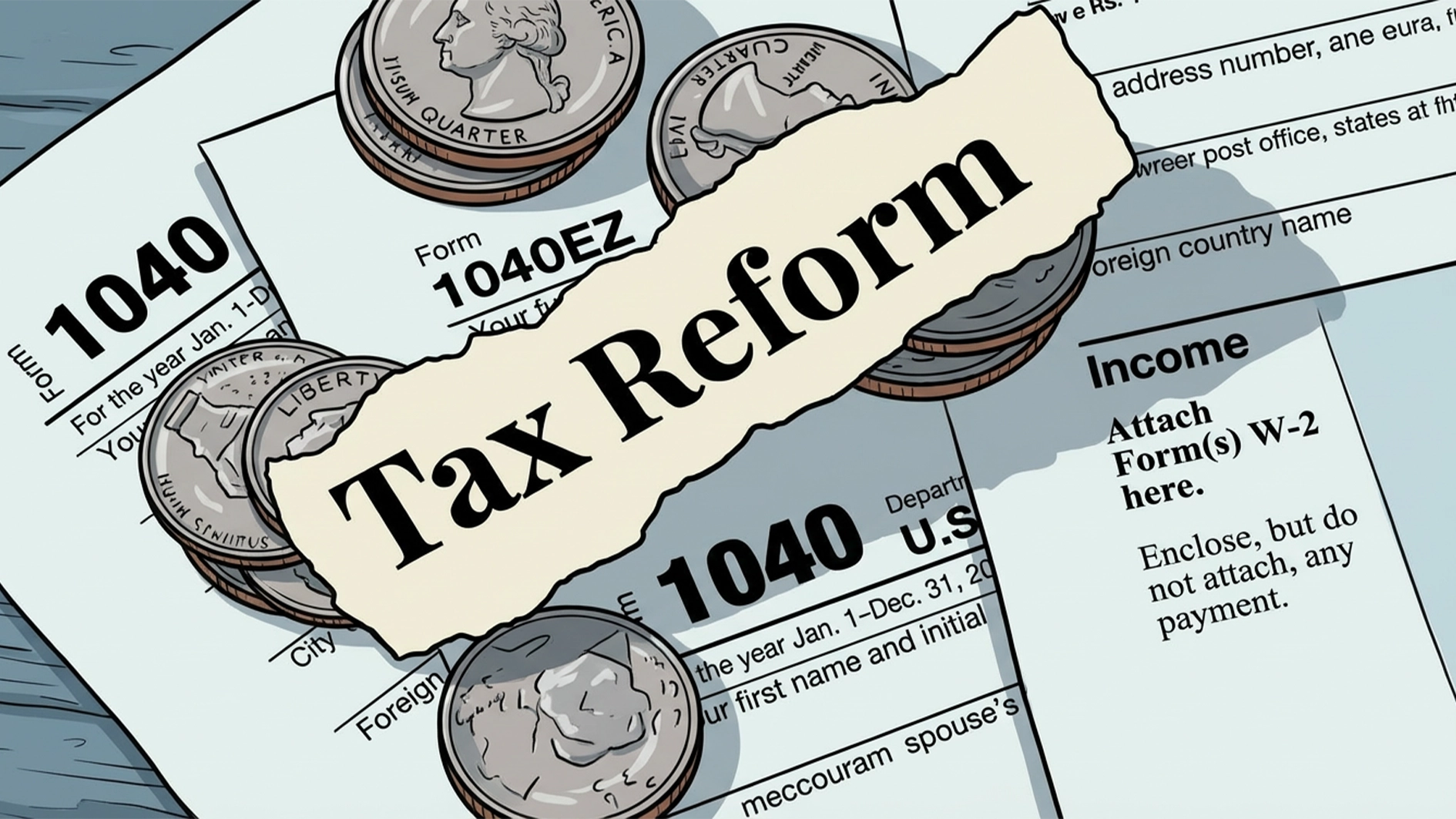
Lingering foreign exchange crisis, inflation, insecurity, high cost of operations coupled with uncertainty and fuel subsidy crisis have continued to take a toll on the operations of firms listed on the Nigerian Exchange Limited (NGX), triggering a gale of delisting.
Indeed, since the 2007-2008 financial crisis, the Nigerian economy has been grappling with a plethora of headwinds. But more worrisome is the negative impact of the macroeconomic challenges on the local manufacturing companies.
Indeed, listed firms in the manufacturing sector are currently bogged by heightened operating expenses due to increased costs, resulting in diminished profit margins. This has also triggered a fresh wave of delisting and total exit from the Nigerian market.
Regrettably, the multiplier effect is telling on Nigerian investors who are recounting their losses, as perennial issues bedeviling the nation’s economy hit hard on investments in the stock market.
Last month, shareholders were greeted with a delisting announcement by Coronation Insurance Plc. The company had in a letter to the exchange, stated that it has received an offer from Coronation Capital (Mauritius) Limited to acquire shares of the company at 65 kobo per share and subsequently delist from the Nigerian Exchange Limited (NGX).
As shareholders were still counting their losses, the NGX came up with another delisting announcement of the entire 1,310,629,267 issued share capital of Ardova Petroleum Plc from the daily official list, following the submission of the required post-approval documents from Ardova Petroleum.
Last weekend, news broke that GlaxoSmithKline Consumer Nigeria Plc (GSK) has pulled out all its operations from Nigeria, seeding shivers through the market.
The shareholders, who spoke through telephone interviews with The Guardian said the situation has created many liquidity problems for the equities segment, eroded investors’ confidence and further depressed the market.
According to them, the offer price arrangement from majority shareholders, where the minority are left in the lurch with no option but to offer their shares at a discount is a huge disincentive to investment.
While the manufacturing sector’s contribution to GDP in most countries that were at the same level as the country a few years back ranges from 28 per cent to 34 per cent – Malaysia and Indonesia (28 per cent), Thailand (34 per cent), China (30 per cent), Brazil (35 per cent), Nigeria’s contribution to GDP is less than 20 per cent.
Data from the National Bureau of Statistics (NBS) shows that the manufacturing sector recorded an aggregate contribution of N32.346 trillion to the Nigerian economy over the past five years spanning 2018 to 2022.
The sector’s contribution represents a mere nine per cent of the total N358.232 trillion GDP, reflecting the nation’s weak industrial base A breakdown of the data indicated that the contribution of the manufacturing sector was N6.421 trillion in 2018, N6.47 trillion in 2019, N6.292 trillion in 2020, N6.502 trillion in 2021 and N6.661 trillion in 2022, representing 9.2 per cent, 9.06 per cent, 8.99 per cent, 8.98 per cent and 8.92 per cent.
Additionally, real GDP growth in the manufacturing sector in the first quarter of 2023 was 1.61 per cent (year-on-year), lower than 4.28 per cent achieved during the same quarter in 2022.
Data from the exchange indicated that no less than 44 firms valued at almost N350 billion were delisted from the daily official list in seven years – 2015 to 2022.
Analysts, operators and investors have continued to warn against further delay in addressing issues affecting productive activities in the country as most of the companies cited a harsh operating environment, especially FX shortage.
The FX challenge has continued to worsen foreign investors’ participation in the equities market as it affects foreigners’ ability to repatriate funds. An analysis of the Domestic and Foreign Portfolio Investment Report of the Nigerian Exchange Limited (NGX) indicated that total foreign inflow, which rose to N43 billion two years before ex-President Buhari assumption of office in 2013 declined steadily to N4.6 billion as at March 2023, representing a 90.6 per cent drop.
Also, the data indicated that total foreign transactions which rose to N99.11 billion in January 2015, plummeted to N24.9 billion as at January 2023.
Unfortunately, with the myriads of problems bedevilling the nation’s economy, the outlook remains uncertain, in the near term, an indication that the search for respite by stakeholders may not come sooner.
However, the investors argued that the country may not record any meaningful growth unless the government comes up with a deliberate strategy that would help accelerate the ease of doing business and lower operational costs for a more functional manufacturing base.
President of Independent Shareholders Association, Moses Igbrude said the renewed delisting move and total exit of listed firms from the country is becoming worrisome.
He lamented that the development would affect the gradual rebound witnessed in the stock market currently, while urging the government to urgently address the challenges confronting manufacturers.
According to Igbrude, more commitment to the ease of doing business will help reverse the current negative position of the manufacturing industry and contribute to the nation’s growth.
“The news that GSK PLC is leaving the country after 51 years came as a surprise to investors. What about the workers who have put the better part of their lives into growing the business? If they must leave, they should compensate the shareholders, workers and other stakeholders adequately,” he said.
President of the Ibadanzone Shareholders Association, Eric Akinduro described the news of GSK’s exit from the Nigerian market and the two delisted firms as shocking.
He said the cost of doing business in Nigeria is becoming extremely high, ranging from forex issues to raw materials procurement and logistics, as well as issues associated with taxation.
“Although there is free entry and free exit in the market the incessant delisting is affecting our investment, shareholders are being short-changed. The value of our investment into these companies is not considered.”
About seven firms listed on the exchange – Airtel, MTN, Nigeria Breweries, Guinness Nigeria, Nestle Nigeria, Cadbury Nigeria Plc and Dangote Cement –all incurred N623.6 billion losses due to naira depreciation.
Specifically, Airtel Africa Plc, reported that it lost $151 million (N130 billion/going by the current exchange rate) due to the harmonisation of FX rates in Nigeria. It disclosed this in its second quarter report filed with the NGX.
Although the current administration recently announced a unification of forex, the reality is that the exchange rate market is still unstable and causing fear and panic.
An independent investor, Amaechi Egbo urged the new government to urgently address the plight of the manufacturers, especially in the areas of forex stability and boost their share price on the exchange. He further appealed to the Federal Government to create alternative measures to enable genuine manufacturers to access forex for enhanced production.






